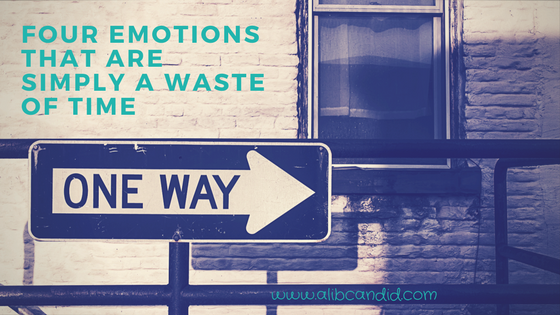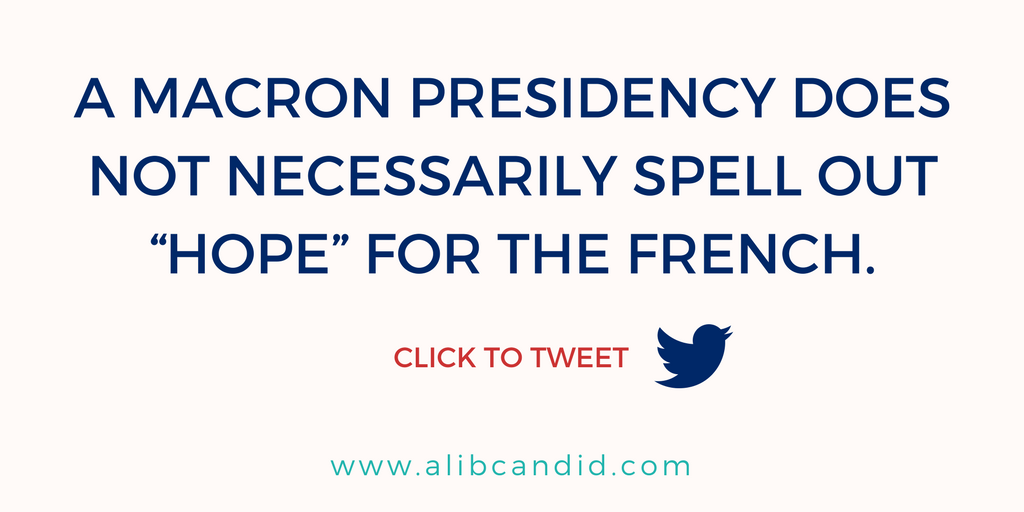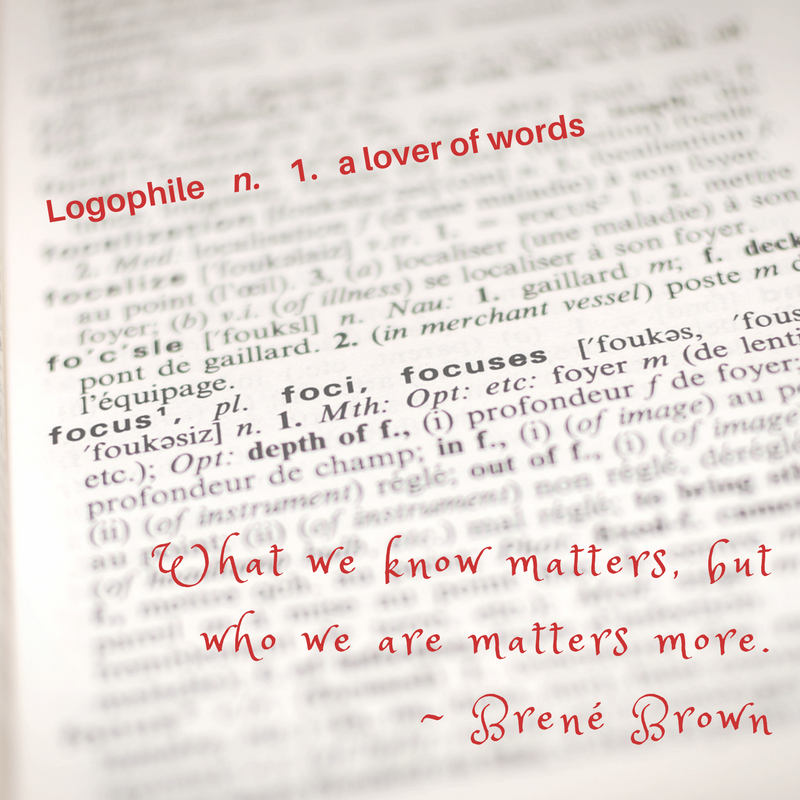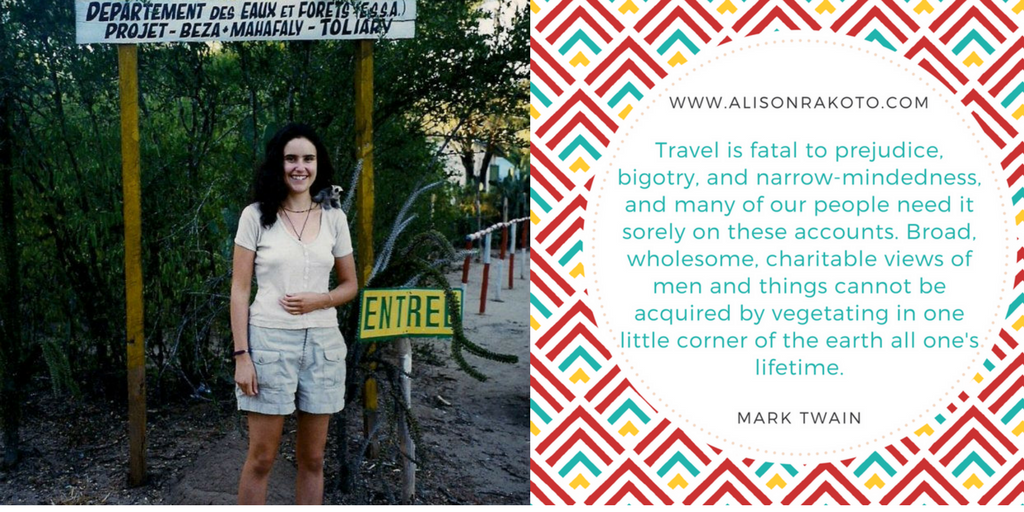If you follow Facebook or LinkedIn any number of articles appear in your feed (or at least in mine) each day about all the little things successful people do to be successful. So what happens when either you do all these things (or at least enough of them) and yet you seem to be stuck? Why do some seemingly successful people always feel stressed or anxious? Why do some people fail and keep going, while others fail and call it quits?
Maybe when we get desperate or anxious or lose our way, even when we think we do all the right things, maybe what we really need is a change of perspective….
I talk a lot about gratitude because I have found it to be a foundational component of my own feelings of happiness and success. Gratitude is a commonly accepted character trait and practice of successful, happy people. If you read certain texts or books you might come away thinking that gratitude is the magic bullet to a happy life.
But then how do you explain the experience of a highly successful entrepreneur who practices gratitude and yet is perpetually anxious? Or how can we explain the thousands of stay at home moms (and dads!) who have everything they need, who adore their children, who are so grateful to have the possibility to stay home, and yet they feel incomplete or stressed?
They say you are a success, but you don’t feel it?
As I discussed in my post Satisfaction and What is Next setting, tracking, and achieving goals results in candidly quantifiable feelings of success. And indeed, “successful people” are often known for not only practicing gratitude but also for setting specific goals and working diligently to achieve their goals. People with GRIT learn from their mistakes when they fail.
So, let’s say that you are both a goal setter and you practice gratitude. You are extremely grateful for all that you have and that you have achieved. And yet, you still get caught up in the “what ifs.” Maybe you lose perspective when watching the success of your peers. Or maybe you have a list of things that you should have done or could have said…you still can’t find those feelings of contentment with your success.
Maybe you regret the paths you didn’t take or the actions you did take. Maybe you wonder how your neighbor always manages to buy a new car every three years or why someone else has just taken the vacation of YOUR dreams.
What is going on? Maybe it is not what you are doing right, but something else?
The longer we live and the more we do, the more people cross our lives and touch us. Some people make an impact that is unforgettable. Sometimes they are unforgettably good, sometimes they are unforgettably bad! When I was younger, I used to get worked up about all the bad things or bad people that had crossed my path.
Starting when I was about 10 or 11 I would often lay in bed at night going over the things that I could have done or said differently, to have obtained a different outcome. I was a good student. I was kind to my friends. I was funny. I was not a particularly anxious person, but at the same time, I let guilt and anxiety weigh me down. In secret.
As a young college graduate, my ability to think strategically to solve problems and my drive towards perfection, led me to positions of responsibility that are most often given to individuals of greater experience and age. I always did a good job, but I was always sure that a fuck-up was just around the bend or that I could have done an even better job. I had about 7 years of hospitality experience under my belt before I realized that 1 complaining guest out of 250 was actually a really good ratio. That a night in which 99.6% of our customers went to bed happy was in fact amazing.
A Shift in Perspective
One day about 12 years ago, I was sitting in a large hotel conference room. The general manager of our hotel was hosting an all employee training. John is what one would call a servant leader (I’ll write about servant leaders another day). He earned this title because he considered himself more a mentor than a boss and he did everything he could to make his employees feel like part of something bigger. John would take a chance on just about anyone who was willing to put in a little sweat.
At the same time, he wasn’t a softy. One of his favorite activities was going to baseball games. Although, unlike an umpire, he practiced two strikes and you’re out (versus the traditional 3) policy. His logic was that anyone can make a mistake once, but if you do it again you are either stupid or not to be trusted (not his exact words, but you get my point).
He was also the kind of person who believed in continual learning and self-improvement. This is one of many reasons that John had been brought on board by the hotel’s owner to fix a problem of inconsistent customer service. Hotels are traveler’s home-away-from-home and a successful hotel doesn’t just meet client expectations, it exceeds them.
What is more, is that people who travel tend to be tired and not necessarily on their own best behavior, and so successful hotel staff also need to be somewhat forgiving or at the least thick-skinned. There is nothing better than a customer service employee who can turn a frown upside down!
The day I realized that one bad apple doesn’t ruin the bunch…
During this particular all-employee training, John brought up a topic that I will never forget. He said that in his experience, there were for emotions that he saw people get caught up in that contributed to bad customer service and generally unhappiness.
Most companies have training manuals, codes of conduct and staff training. In the service industry these tomes and training, of course, tell staff to be nice to the customer. But they often don’t talk about how to be a better person or more effective. They don’t explain how customer service affects the bottom line nor how all the pieces of the company come together to make one whole.
John did all of these things and more. Not everyone appreciated the detail, but those of us who took the time to listen had the opportunity to learn and grow our knowledge not just in the field of hospitality, but also in the game called life.
Four Wasted Emotions: GUILT; WORRY; REGRET; AND, JEALOUSY
Boy did I have an “ah-HA!” moment during this talk. I had been weighed down by the big FOUR on a daily basis for YEARs. I was guilty of imperfection, I was worried about the consequences, I was jealous of the perfect people, I regretted the mistakes I’d made…
John explained that when we encountered these emotions, our initial emotional response itself was normal. When bad things happen, we get upset. And then we can either learn from the problem or we can let the problem eat us. Too often when we get hung up in life, it is because we don’t let our problems go.
Let’s look at the healthy way to address each of these emotions:
GUILT: You do something wrong or you make a mistake. Accidentally or intentionally, it doesn’t matter, both instances require that you recognize what you did wrong and that you resolve to do it differently in the future. And then, you MOVE ON.
WORRY: You recognize your concern, you determine if it is something that you have control over. If yes, fix it. If no, let it go. MOVE ON.
REGRET: You can’t fix the past. Recognize what happened. If it is in your control, figure out what you need to do differently in the future. MOVE ON.
JEALOUSY: It doesn’t change anything. It hurts you. It hurts other people. Set your own goals, focus on yourself and don’t worry about other people.
Hallelujah!
Now, a lifetime of guilt, worry, jealousy and regret cannot be erased overnight. And to be honest, even a decade later, I sometimes revert to old patterns, especially when I am pressed for time, overtired or sick. But. BUT. Since the day John gave that talk, I have been a different, and happier woman. I have been able to recognize these emotions and learn from my mistakes.
Of course, this doesn’t mean I don’t make mistakes either, I do. I do make mistakes. Sometimes daily, but I don’t get bogged down in worry, regret, jealousy or guilt. I notice. I recognize. I use my BREATHE app to meditate. And, then I practice gratitude for having people in my life like John.
Do you get caught up in any or all of these emotions? Have you ever? Do you think that they have had an effect on your happiness? Your feelings of success?






Recent Comments